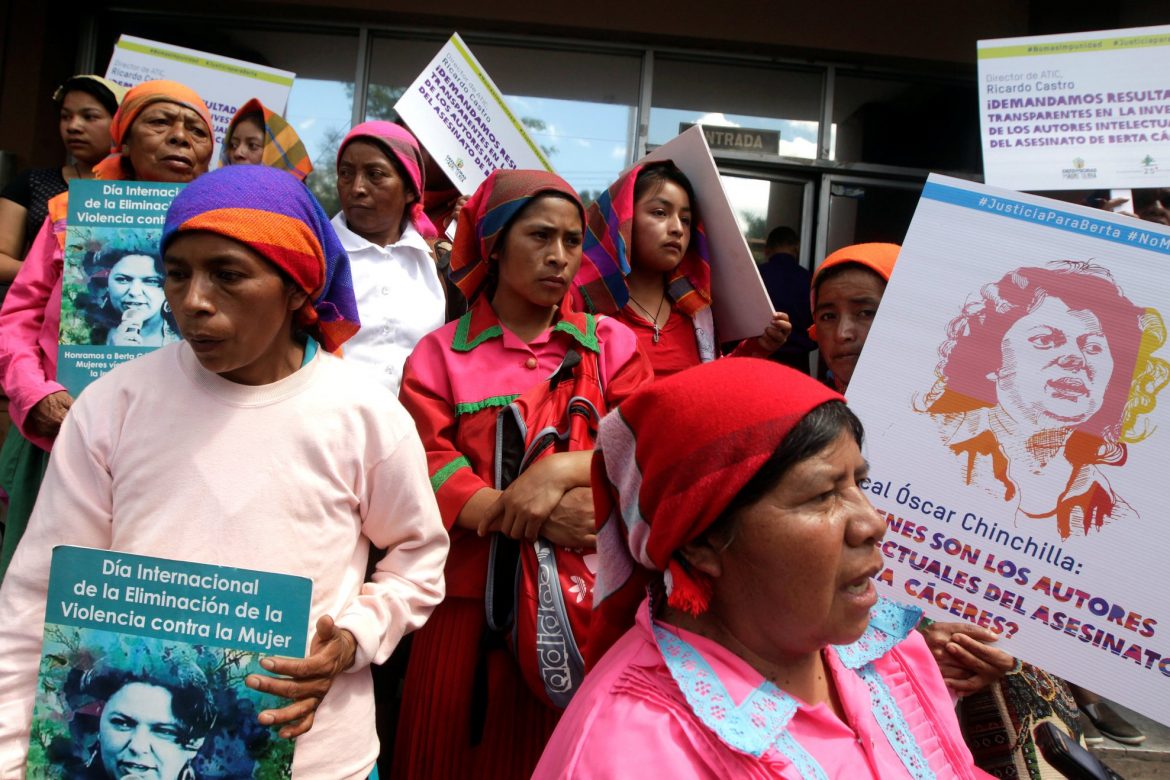This material belongs to: The New York Times.
The killings might have succeeded in crushing indigenous opposition to a proposed dam in Honduras if Berta Cáceres had not been one of the victims. Her leadership of a campaign against the construction of the dam, on the Gualcarque River, which is sacred to her Lenca people, garnered a prestigious international award and international attention, and her murder by gunmen two years ago generated intense pressure to find her killers.
Now the Honduran police have arrested the man who at the time was chief executive of the company building the dam, Roberto David Castillo Mejía. He is at least the ninth person arrested in the killing, but, more important, he was identified as an “intellectual author” of the crime, or a mastermind behind the company employees, hired assassins and members of the army already under arrest for the murder.
The arrest offers a glimpse into the links between government, military and business elite in a culture of corruption. Honduras is the deadliest country in the world for environmental activists. Ms. Cáceres and two other members of her organisation were among 14 killed in 2016.
After her death, a team of international lawyers found that the killing had been months in the planning. The United States joined in pressuring the Honduran government to solve the case. Mr. Castillo’s arrest suggests the pressure worked.
Far less clear is whether the arrest represents a fundamental change in Honduras or merely the sacrifice of a scapegoat in a case that got too big.
As the Cáceres investigation was making headlines, the president of Honduras, Juan Orlando Hernández, twisted the law to run for re-election and win a vote so dubious that international observers called for a new election. Yet the Trump administration kept quiet. Mr. Hernández, who came to power in a 2009 coup supported by the Obama administration, has been a willing ally of Washington, whether fighting terrorism and drugs or stopping migrants.
Mr. Hernández may not be directly involved in the murder of Ms. Cáceres. But for the United States to demand that her murder be solved while cynically enabling the corrupt politics behind it makes it more likely that hers will not be the last killing.
 info@anticorr.media
info@anticorr.media

